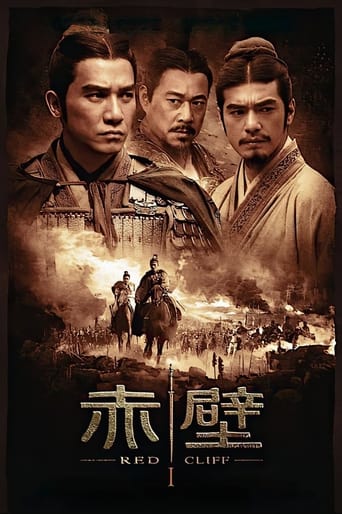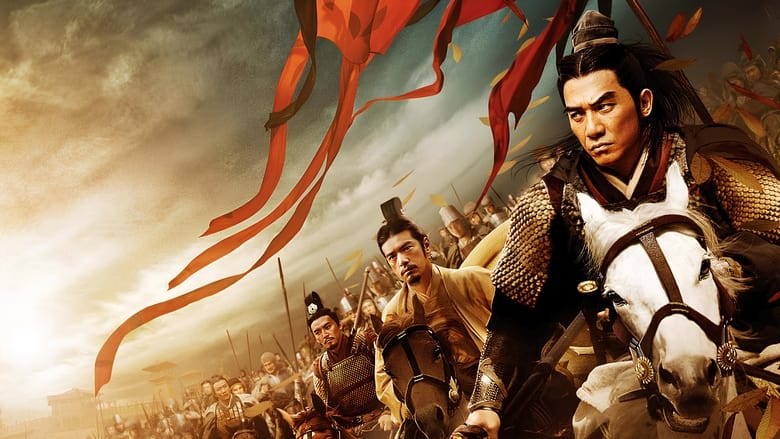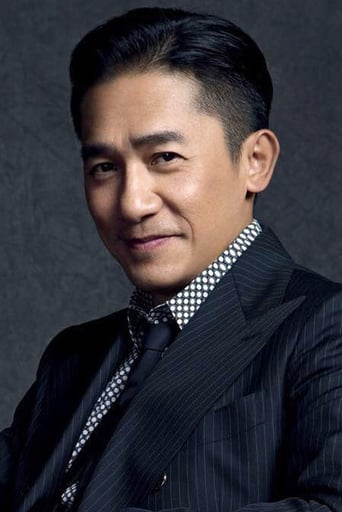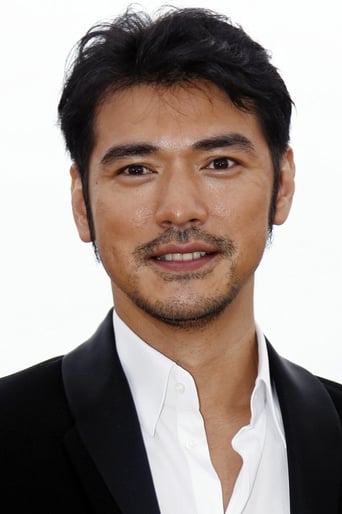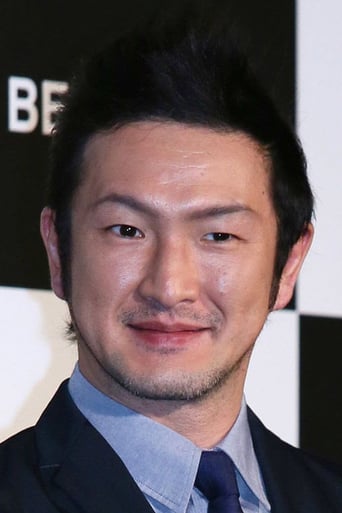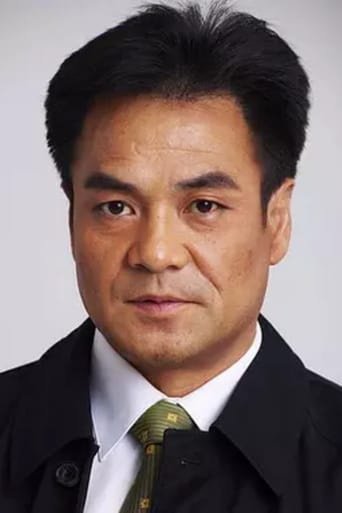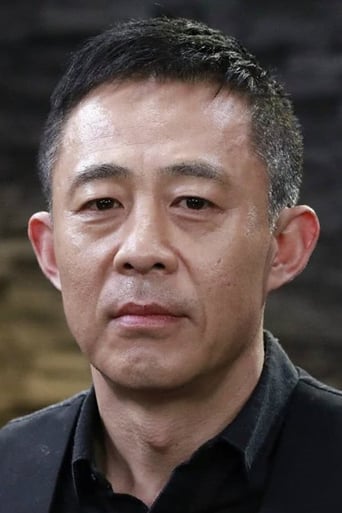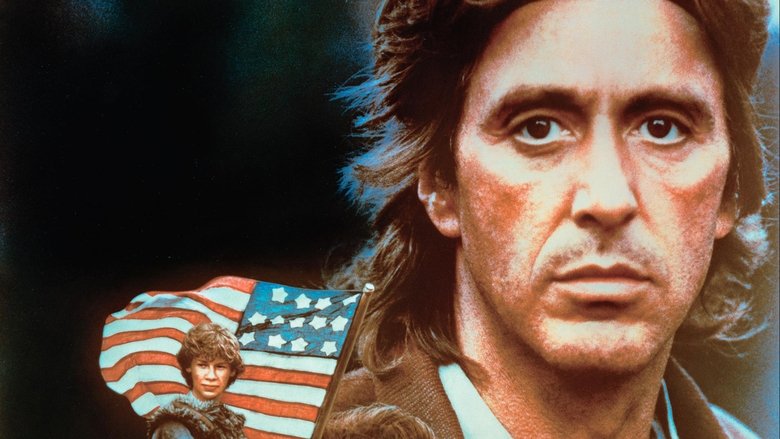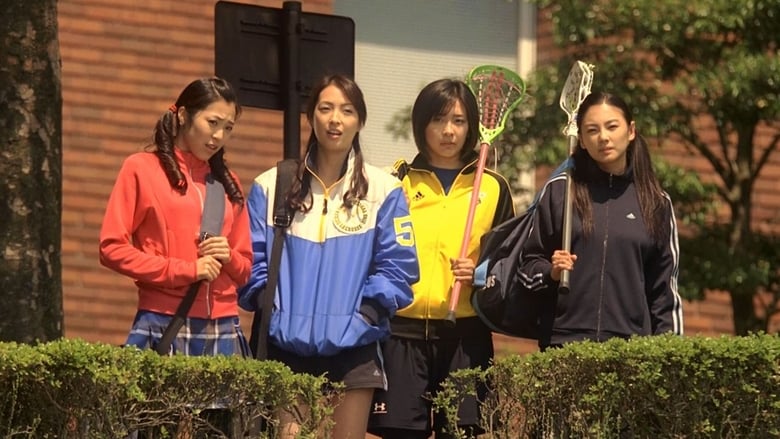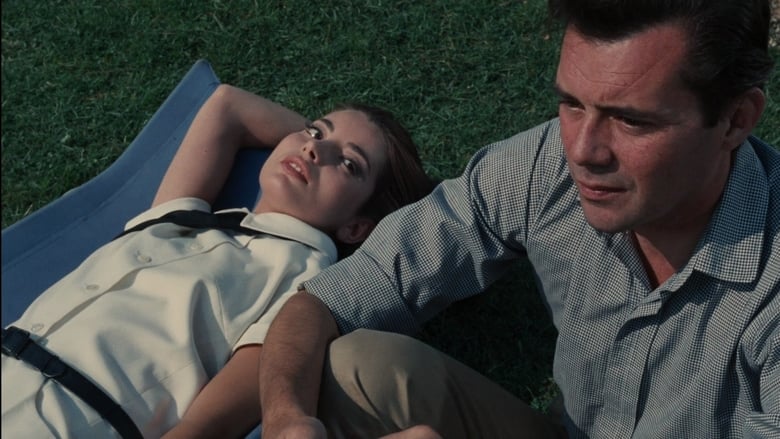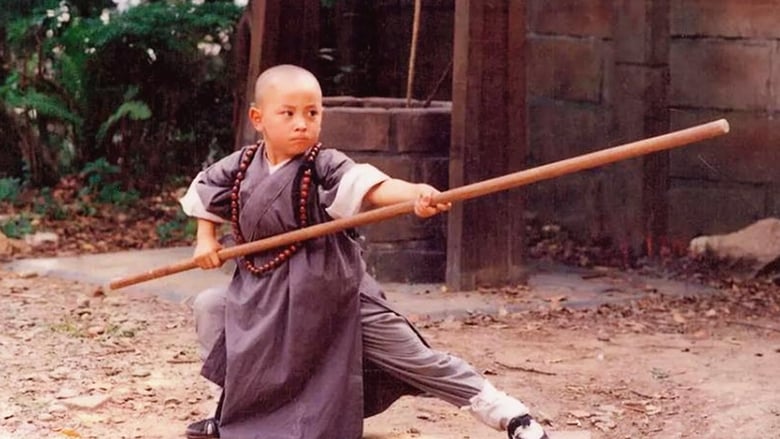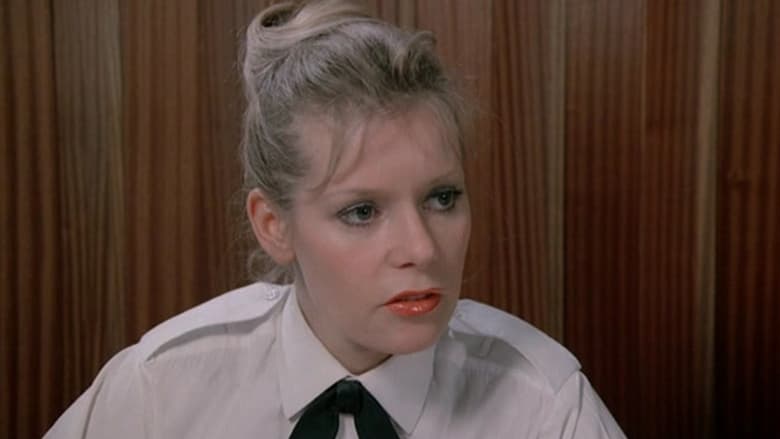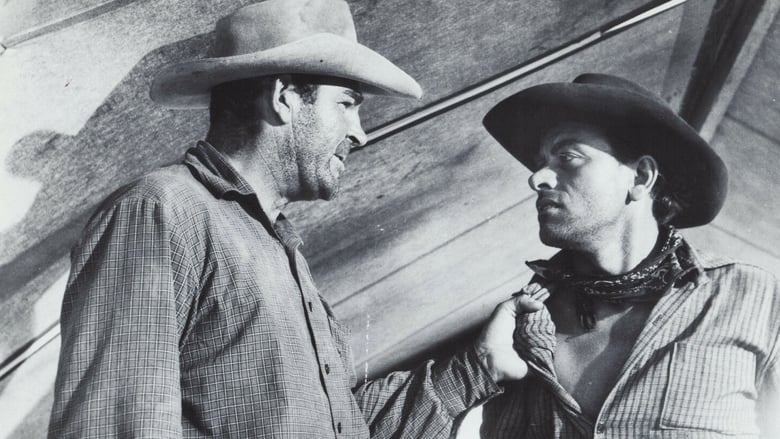In 208 A.D., in the final days of the Han Dynasty, shrewd Prime Minster Cao convinced the fickle Emperor Han the only way to unite all of China was to declare war on the kingdoms of Xu in the west and East Wu in the south. Thus began a military campaign of unprecedented scale. Left with no other hope for survival, the kingdoms of Xu and East Wu formed an unlikely alliance.


Similar titles
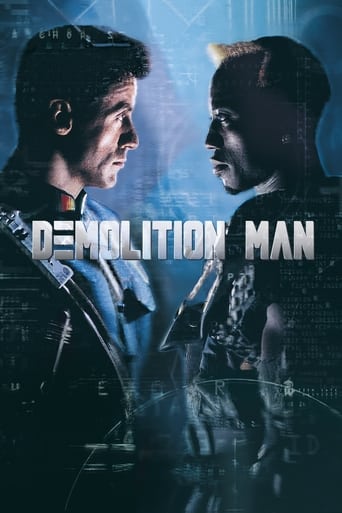
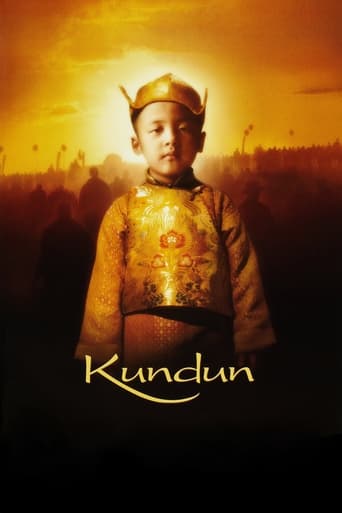
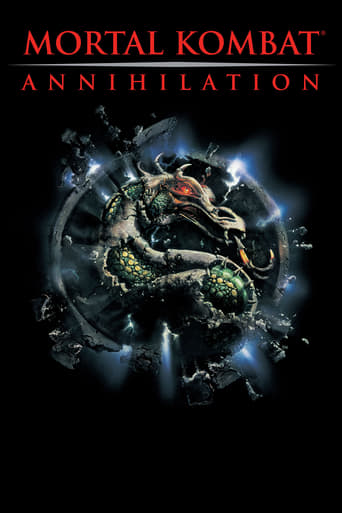
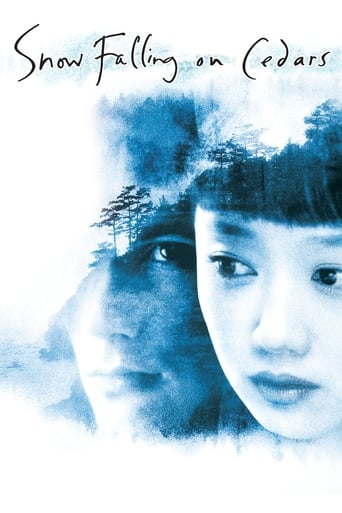
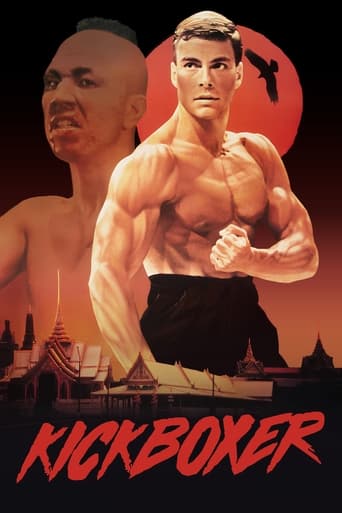
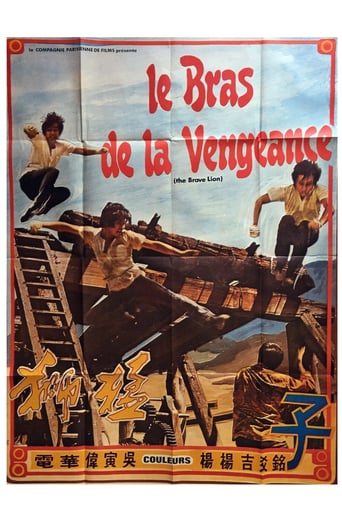
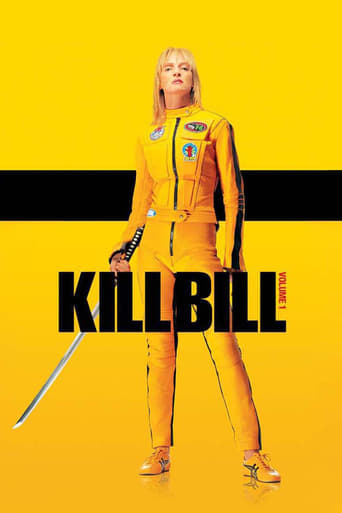
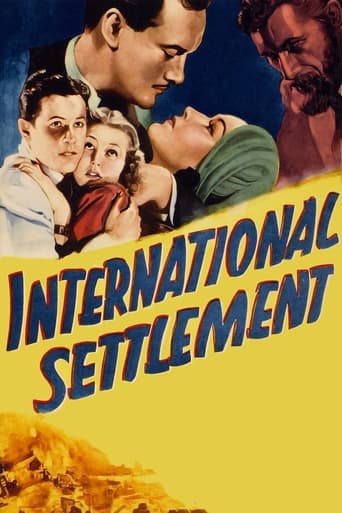
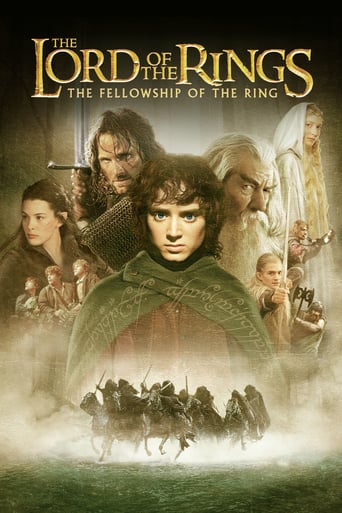
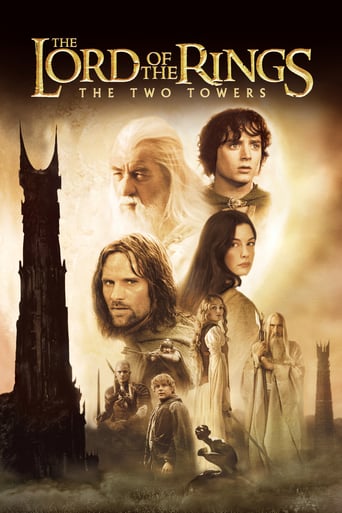
Reviews
Seems like US$80MM still went a long way in China back in '08, especially if the 1500+ PLA extras (and their CGI clones) weren't even working for scale. The medieval tale the film's based on has been called "the Chinese Iliad," and there are definitely some similarities—the baddie, Cao Cao, chief minister to a puppet emperor, starts a war b/c, among other things, he covets a rival official's wife, "the most beautiful woman in the world," and the big battle scenes mainly consist of the alphas on both sides hacking their way through swarms of enemy troops until they come face to face. (The Helen of Troy character's so confident of her powers of distraction that she turns up, alone, at Cao Cao's HQ on the eve of battle.)The spectacle, of course, is all that it should be—the fortresses and stockades, the massed troop formations, Cao Cao's flotilla of virtual warships that stretches to the horizon . There's also a lot of the kind of filler you'd find in an old-school Hollywood epic (or a vintage Soviet film like "Aleksandr Nevsky")—PG love scenes, coy romance and comic-relief characters, in this case a loud, whiskery general, a feisty warrior princess and a goofy enemy soldier she falls in love with. Tony Leung, as always, has tremendous presence, and Takeshi Kaneshiro is effective as the Chief Strategist, a legendary sage who invents a rapid-fire crossbow and does some Taoist weather witching that's crucial to the outcome; most of the human interactions in the film that don't involve combat are fairly stagy and uninvolving, but their edgy bromantic friendship is really quite charming. Part I of the complete version is a bit slow-moving, and some of the Sun Tzu–style military trickery (reflective shields that dazzle the enemy horses ) seems way over the top, but Part II really gathers momentum as it moves toward the final battle. To put it in Western fanboy terms, if Part I's "The Hobbit," then Part II's almost in the same class as "The Return of the King." Did I mention that the complete release is almost five hours long? Available on two disks from Netflix.
The first word that comes to mind is epic. There is simply no other way to describe the massive scale sweeping narrative of this production. Battle scenes contain hundreds, sometimes even thousands of extras. When the camera tracked over Cao Cao's fleet, I couldn't help but feel impressed. It's one thing to be told that someone has two thousand ships; it's another thing entirely to see every one of them, stretching for miles along a swollen river. Whether it's the number of extras, the exquisitely detailed set pieces, or the lavish costume design, you can tell that no expense was spared at any point.Of course there's more to a film than just production values, there's also the matter of plot and characterization. Fortunately, Red Cliffs delivers here as well. The plot, which follows warlord Cao Cao's invasion of southern China in ancient times, is easy to follow but not at all threadbare. The characters are also fairly well developed, considering the size of the cast.I admit that at first I wasn't sure what to think of the combat sequences. They were certainly quite impressive, but seeing a warrior dodge spear thrusts from half a dozen enemies and then dispatch all of them with a single attack made it hard for me to suspend my disbelief. Then I realized that this is a martial arts film as much as a war movie. When viewed on these terms, the fight scenes were highly enjoyable. I rarely got the feeling that any of the actors' moves owed more to special effects than to their physical abilities, and it was quite refreshing to see them dispense with the One at a Time Attack Rule. The larger battle sequences between armies are also well staged, with the Tortoise Shell Formation sequence being one of most impressive displays of strategy and precision choreography that I've seen in quite a while.This film is hardly perfect. Some parts of the movie, such as the birth of the foal, or the scene in which one of the generals tends to his pigeons didn't seem entirely necessary. I suppose that perhaps these scenes had some greater meaning that Chinese audiences would have grasped, but I can certainly understand how the distributors were able to cut the running time by half for the film's western release.Overall, however, it does a good job of holding the viewer's attention and telling a compelling story. It is a successful blend of historical epic and martial arts film, and should satisfy fans of both.
The first part in a two-part epic clocking in at nearly five hours, John Woo helms one of the most breathtaking war epics ever made. Costing nearly a hundred million dollars to make just this first half, you see the production value from the first seconds. We open with a massive battle with great choreography and sweeping shots of scores of men. It's massive. From there we get into the plot, which includes tons of characters who the western audience won't know well, so it makes the plot confusing at points. That said, the gist is that Cao Cao is trying to take down rebels against the Empire as the Three Kingdoms era is being heralded in. The final battle will be at Red Cliff, where the rebels lay in wait.The middle of the movie isn't very action packed but very beautifully shot and interesting in how it is composed, showing the Asian insistence on beauty and aesthetic over moving the plot. It's quite interesting and you are still treated to many breathtaking scenes full of energy.The final battle is massive and absolutely amazing. The generals come out one at a time and kill dozens of soldiers like they're cardboard cut outs (making the Dynasty Warriors games seem like an inspiration or something). It's massive, it's kinetic, and entirely enjoyable.The film ends with a cliffhanger (of course) but you'll leave feeling pretty complete. It's an excellent piece of cinema. That said, I can see complaints about the insistence on things that don't matter at all. The soccer game at the end of the film? That didn't matter at all. The jam session an hour into the movie? The horse giving birth? But as a complete picture, it's a great foray into a world that American audiences rarely get to see.Sweeping, huge, and beautiful, Red Cliff Part One is definitely recommended.
"Red Cliff" is a film about an episode of Chinese history little-known in the West, the Battle of the Red Cliffs in 208-209 AD, during the decline of the Han Dynasty. It is, however, a familiar story in China, being told in "The Romance of the Three Kingdoms", one of the classics of Chinese literature. At this period the effective ruler of northern China was the Imperial Chancellor Cao Cao, the actual Emperor Xian being a mere puppet. The country south of the Yangtze River was controlled by two warlords, Sun Quan and Liu Bei. Despite the weakness of the ruling dynasty, the imperial army was still strong, and in 208 Cao Cao launched an invasion of southern China in order to reunite the country and to break the power of the two warlords, who formed an alliance to resist him. The defeat of the imperial army by the allies at the Battle of the Red Cliffs was eventually to lead to the fall of the dynasty and the division of China into three separate states during the so-called "Three Kingdoms period".The villain of the film is Cao Cao, portrayed as a cruel and arrogant despot. The heroes, however, are not so much Sun Quan and Liu Bei, but their subordinates, Liu Bei's adviser Zhuge Liang and Sun Quan viceroy Zhou Yu, who lead the allied armies against Cao Cao's invasion. (Given the Chinese Communist Party's determination to maintain centralised control over the whole of China, it is perhaps surprising that the film should take the side of those who in the past resisted the imposition of such control and whose victory led to a partition of the country, albeit a temporary one). The two main female characters are Sun Quan's sister Sun Shangxiang, who infiltrates Cao Cao's camp as a spy, and Zhou Yu's wife, Xiao Qiao.The film was directed by John Woo, best known to Western audiences for action dramas like "Hard Target" and "Mission Impossible 2". "Red Cliff", however, is a quite different sort of film to those. The nearest equivalent in the Western cinema would be the sort of classical epic which Hollywood used to produce in the fifties and sixties, films like "Cleopatra" and "Spartacus" which dealt with the Western contemporaries of the characters portrayed in this film. (The Han dynasty lasted from 206 BC to 220 AD, so was roughly contemporary with the Roman Empire).Like "Spartacus", "Red Cliff" juxtaposes spectacular battle scenes with scenes showing the private lives of the main characters, and like that film it deals with a seemingly unequal struggle in which the heroes are greatly outnumbered by their adversaries. "Spartacus", however, is a tragic drama which ends in the heroes' defeat, whereas here they are victorious, using guile and strategy to offset the numerical superiority of Cao Cao's army. There is a particularly memorable scene where Zhuge Liang tricks the enemy into shooting over 100,000 arrows into a fleet of boats covered in straw, thus enabling the allies to replenish their supplies of ammunition which were running dangerously low.One thing this film does have in common with some of Woo's earlier efforts is the use of highly stylised, choreographed action sequences, something exploited by other Chinese directors such as Ang Lee in "Crouching Tiger, Hidden Dragon" and Zhang Yimou in "House of the Flying Daggers". The difference, of course, is that whereas in those films this style of film-making was used in the context of individual hand-to-hand combat, here it is used to depict large-scale battle scenes between two great armies or navies. (The Battle of the Red Cliffs was fought both on land and on the river).I should point out that I have only seen the version of the film released in the West and which runs to some 150 minutes; Woo's original two-part version, totalling over four hours in length, was only released in Asia. I can, however, say that the shorter version is an excellent film, combining (as did the best of the Hollywood epics) brilliant spectacle with an intelligent, thoughtful script. When I reviewed Baz Luhrmann's "Australia", I concluded that the epic spirit is alive and well and living in Australia. On the basis of "Red Cliff" I can add to that conclusion " . and in China". 8/10
